El Paso County finalizes process of acquiring federal funding to repair damage from June storms
COLORADO SPRINGS, Colo. (KRDO) -- A unanimous vote Tuesday by El Paso County commissioners ended the process of obtaining federal money to help pay for $8.4 million in damage to road and parks infrastructure caused by early summer storms.
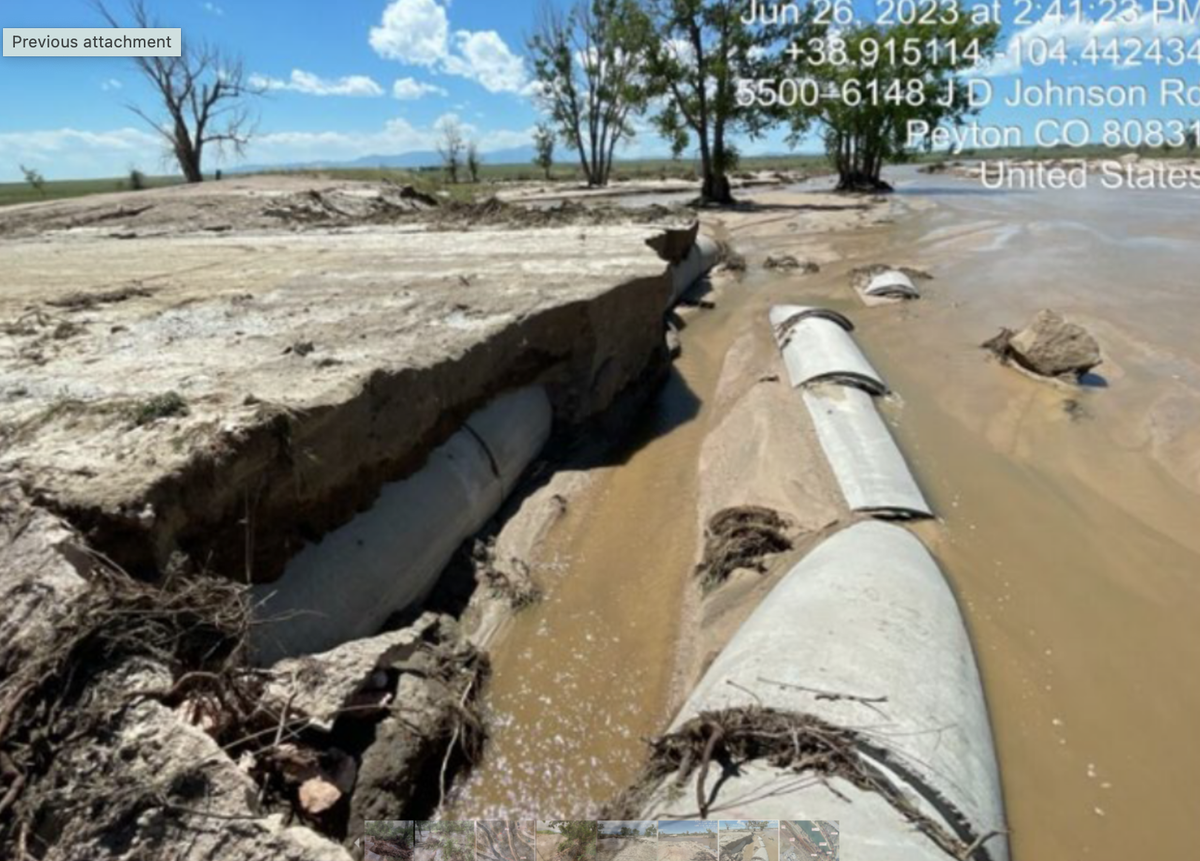
To qualify for $6.5 million in funding from the National Resource Conservation Services Grant, the county had to provide $1.9 million from its emergency reserve fund; the combined total covers the overall repair budget.
Commissioners said that they realized such an allocation from the emergency reserve fund might be needed someday -- which is why in 2017, they began increasing the amount of money in it during better economic times.

Even with the allocation to receive federal money, the reserve fund is still at $7.3 million, and the federal funds allows the county to avoid draining it to dangerously low levels and save more money for other unexpected disasters.
The overall disaster funding will protect transportation infrastructure and residential property along three creeks -- Black Squirrel, Bracket and Fountain.
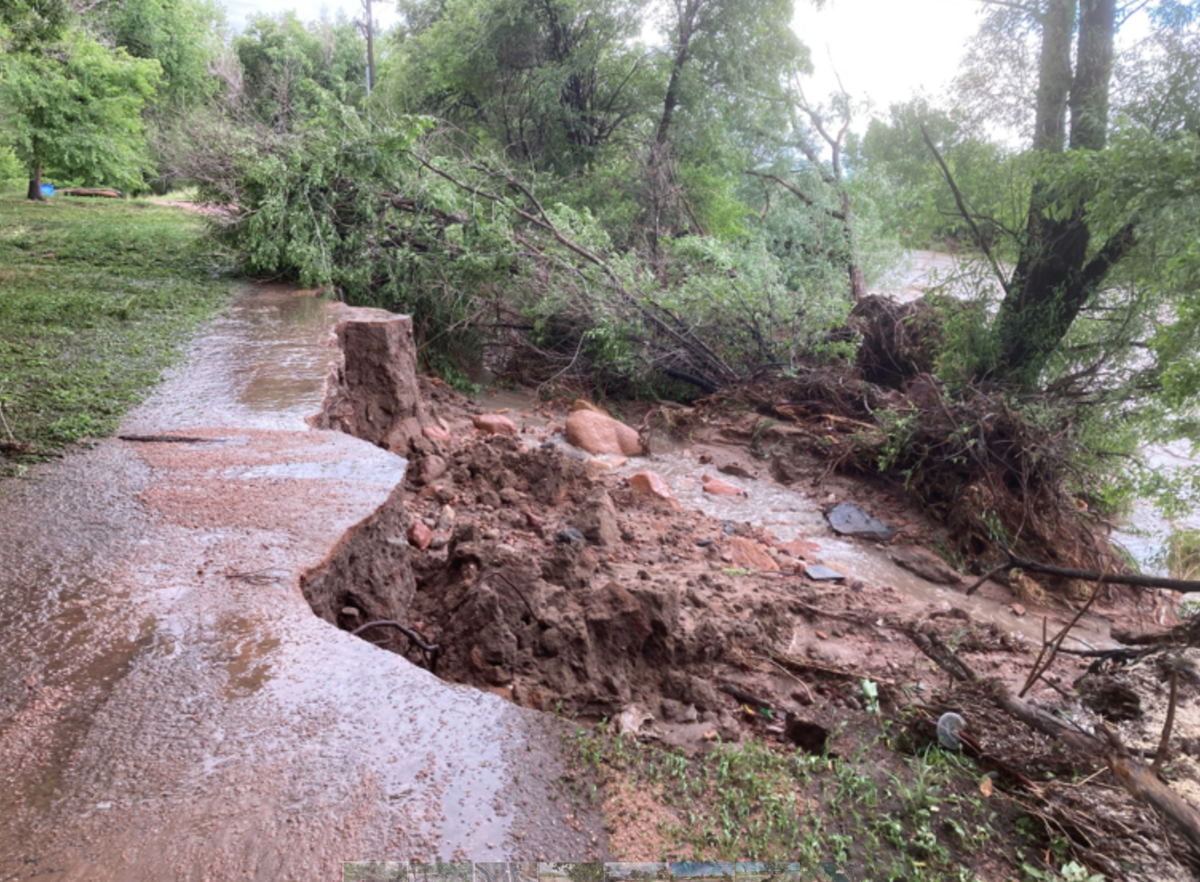
The federal funds have to be spent by the end of next summer, and the county hopes to have finished projects on three roads and in two parks by then.
"Everything is back in service again, but we have long-term repairs that we need to do, to prevent damage from occurring in the future, said Kevin Mastin, the county's public works director.
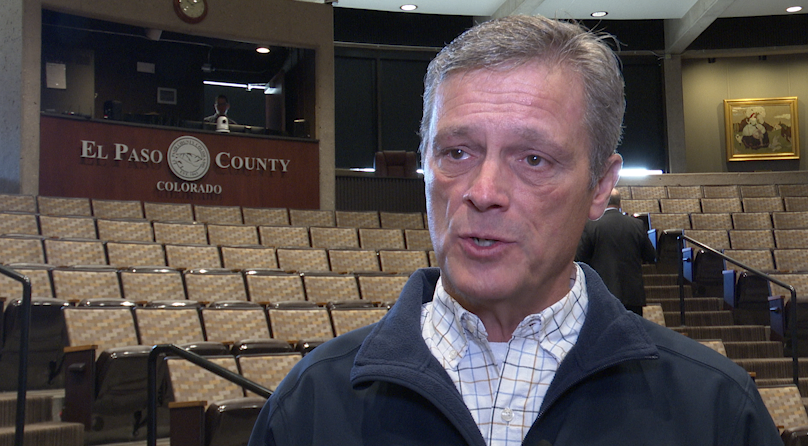
Some of the money will be spent in two parks -- Willow Springs Ponds and Duckwood Park.
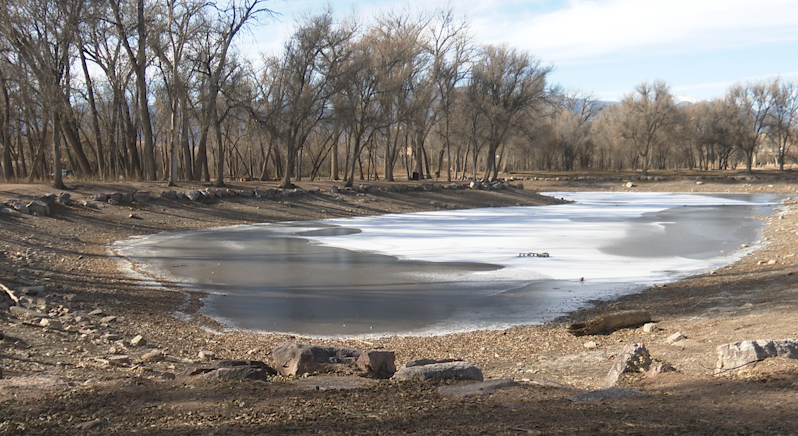
The ponds sustained extensive damage to trails, as well as fallen trees and other debris.
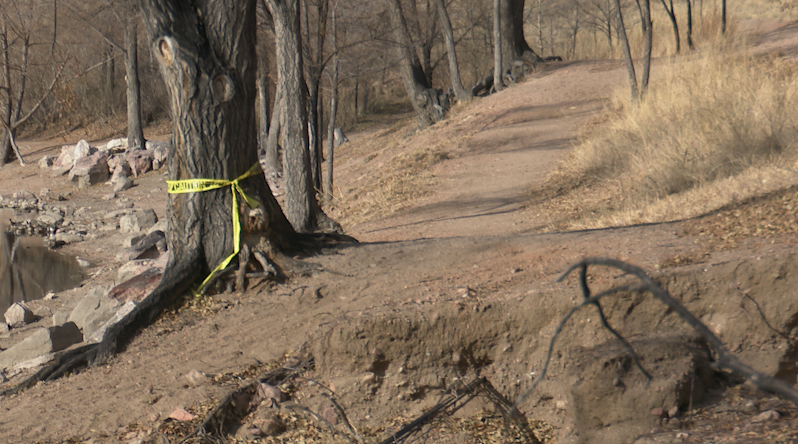
"Yes, we were just wondering when they were going to get around to fixing that trail there,"said Donald Reamsma, who was walking around the ponds with his wife, Sandy. "Because it's a beautiful park. Like I always say -- if they hadn't put this park here, it'd be all big houses."
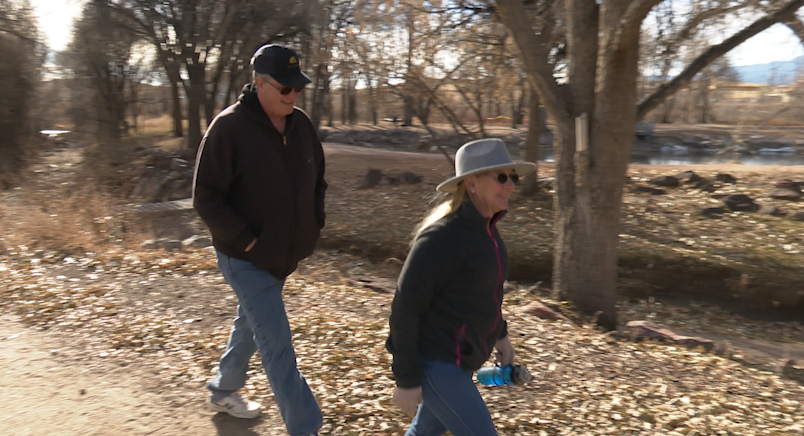
One visitor said that he wishes some of the money could be spent on other park improvements.
"Some of these ponds hardly have any water in them," he said. "And hardly any fish, either. I see people come and bring their kids, and there are signs telling them the kinds of fish that are supposed to be here, but they're not. Why don't they stock the lake pods more often?"
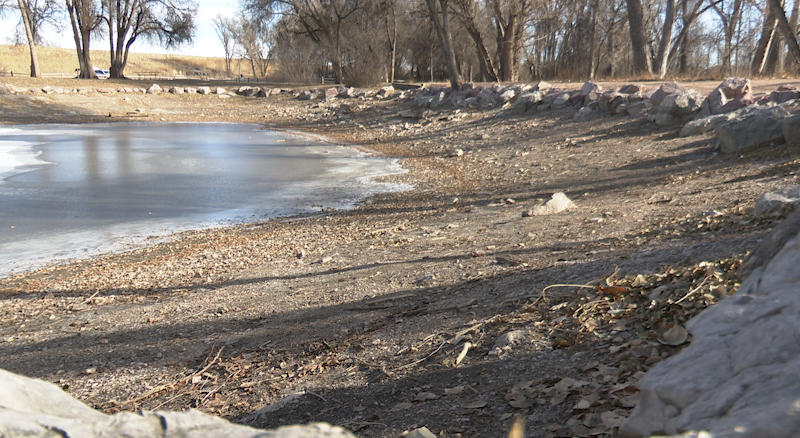
A county official said that water to the ponds comes from underground springs which provide varying levels of water -- and, as signs indicate, fish in the ponds are contaminated with the same chemicals that have affected groundwater in the nearby communities of Security-Widefield and Fountain.
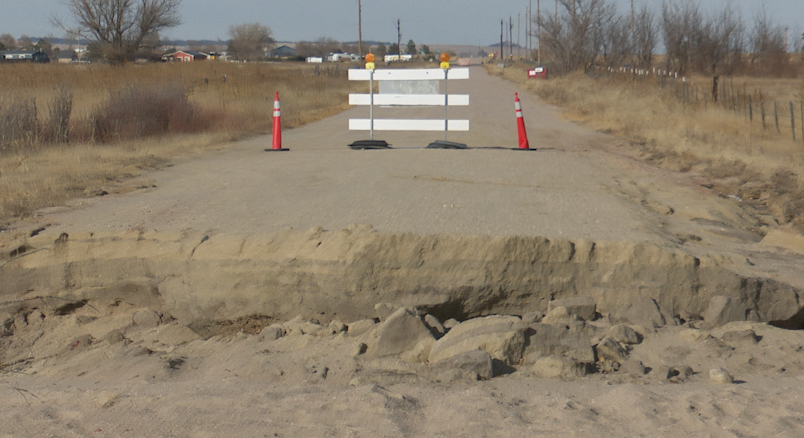
Repairs also are in store for three roads: J.D. Johnson Road, where flooding washed out a segment of it; and Garrett Road and North Ellicott Highway, where water flooded the roads and damaged parts of it.
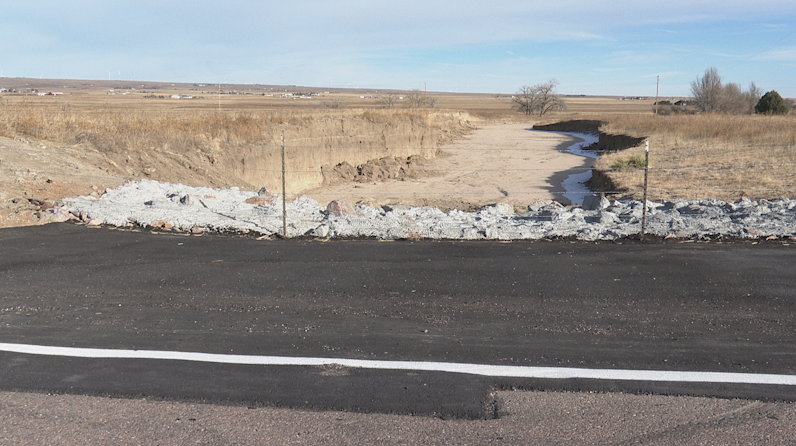
Because some of these areas may have been affected by the same storm or flood, the county is in the process of assessing its drainage channels to determine how other flood controls can be made.
"What we can prevent upstream could also lessen downstream flooding," Mastin said.
